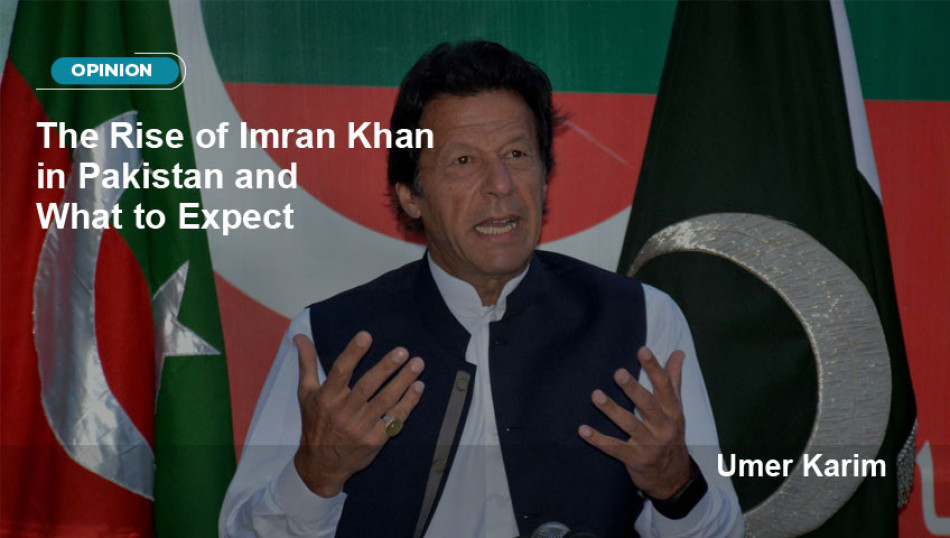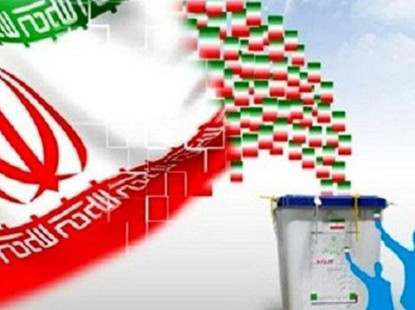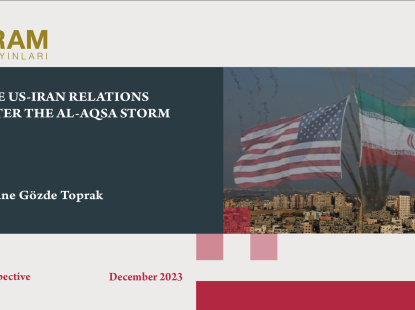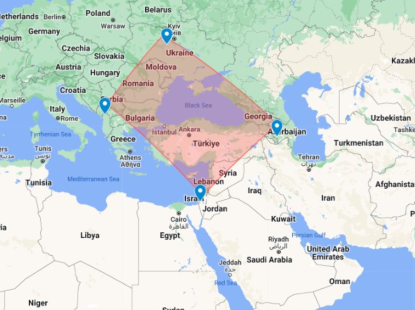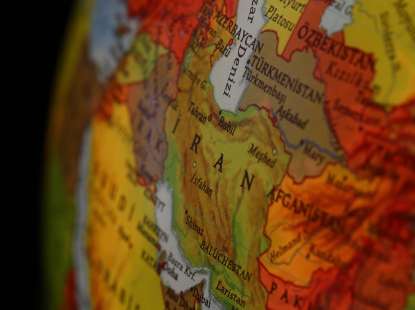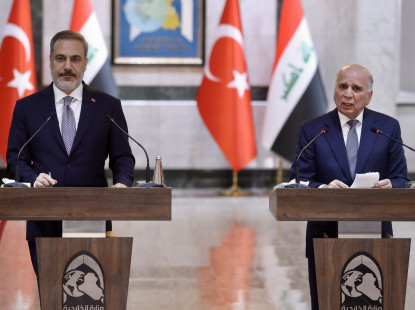The Rise of Imran Khan in Pakistan and What to Expect
Pakistan’s political sphere has entered uncharted territory with the outcome of the 25 July elections. Moreover, the success of the Pakistan Tehreek-e-Insaf (PTI (Pakistan Justice Movement) in the election has projected a new political force on the helm of power. The party’s success is rooted in the political charisma of its leader, the cricketer turned politician, Imran Khan, and the ultimate culmination of his twenty-two years of political struggle that witnessed several highs and lows.
The cricketing legend is notable for his philanthropic work particularly by laying the foundation for Pakistan’s first ever free cancer hospital. In 1996, he founded his political party with a manifesto based on the provision of social welfare, curbing corruption and inclusive economic growth. The party failed to make a significant impact on the national political scene during the 1997 elections. After General Pervez Musharaf’s military takeover in 1999, Khan viewed the reform promises of General Musharaf positively and supported him in his various endeavors for a time. However, Imran Khan’s lackluster performance in the 2002 general elections forced him into political introspection and eventually resulted in him parting ways with the General and ultimately sitting on the opposition benches. Imran Khan was one of the members of Pakistan’s political fraternity who were on the forefront of the movement against Musharaf in 2008 and decided to boycott the 2008 elections. Subsequently, Imran Khan reverberated a rhetoric castigating the corruption and monopolization of power by the two major political parties of Pakistan, the Pakistan Muslim League Nawaz (PML-N) and Pakistan Peoples Party (PPP). This message resonated within various segments of Pakistani society but mostly among the youth. It would not be wrong to say that Imran Khan politicized Pakistani youth, who for the first time became actively interested in local politics, the slogan of change and Khan’s political project of a new Pakistan. The Khan-led PTI entered the parliament as the third largest entity after the polls of 2013 while also managing to form a government in the province of Khyber Pakhtunkhwa.
The political confrontation between the government and the PTI on the issue of electoral irregularities and alleged rigging in the 2013 elections marred the post-election environment. Consequently, Imran Khan became the real face of political opposition at a time when the second biggest party in the parliament, the PPP, was branded as a friendly opposition giving cushion to the PML-N federal government while in return being allowed to rule without any accountability and impunity in its home province of Sindh. Khan was seen as someone who can break the status quo that has characterized Pakistan’s politics for decades. Moreover, the Panama scandal was paramount in helping to materialize his political desire. Khan started a vigorous political campaign on the issue and eventually, the matter went to the court where former Prime Minister Nawaz Sharif and his daughter Maryam Nawaz were convicted and subsequently sentenced. This development fairly dampened the political fortunes of the PML-N. Nawaz’s return to Pakistan and last attempt to garner the sympathies of his political base didn’t give him the political returns he expected and with him in jail, the political balance started tilting towards Khan. In the general elections held on 25 July 2018, the PTI emerged as the largest political party in the parliament making Imran Khan the front-runner for the Prime Ministerial position. The PTI was finally able to achieve the political feat it had vied for so long. For the first time in the past forty-eight years of Pakistan’s political history, a third force was able to undermine the political dominance of two parties and had reached the cusp of power.
As Imran Khan’s political campaign during the last five years focused primarily on political sloganeering, no debate can be raised on the PTI’s vision of governance and public policy making. Although, this warrants a dig into the variables that will be crucial in determining the policy-making under Khan’s premiership and how this will orient foreign and domestic policies. Khan and his political movement are ideologically situated within the traditional center-right political spectrum of Pakistani politics. The most prominent aspect in terms of Khan’s outlook for Pakistan is a stress on reviving the dignity and stature of Pakistan in the community of nations but considers this linked with institutionalism, across the board accountability and good governance. While assuming the role of prime minister, his relationship and engagement with the country’s strong military may be the most critical factor in determining the future trajectory of politics. Khan’s active participation in the movement to remove General Musharaf from power categorized him among the most vocal opposition cadres against the extension of military rule. It has been alleged that the former director of Pakistan’s premier intelligence agency Inter-Services Intelligence had been behind his political rise after 2010. Yet by that time, the state of political morbidness born out of hereditary and corrupt political practices created enough of a political vacuum for Khan to fill in and thus the theory of military involvement on the side of Khan seems far-fetched. The state of the civil-military relationship during the last five years of the PML-N government has remained uneasy at best. Khan himself has some notable points of diffraction from the military particularly his predisposition towards negotiation with the Pakistani Taliban. It will be interesting to observe how Khan’s relationship develops with the military establishment and if he is able to carve out a modus operandi that positively engages the top brass in matters of national security while subsequently ensures that the civil government is a vital player in policy formulation.
With respect to foreign policy, Imran Khan’s first post-election speech gave us some insight into his worldview. Imran Khan has emphasized the need to project Pakistan as a prominent player in the region and to fully exploit its unique geopolitical presence by building constructive ties with all of its neighbors. Furthermore, Khan has signaled that he is not averse to engagement with the US especially with regard to the Afghan situation. Indeed, this is a solid approach, however, much will depend on the US’s posturing towards the new Pakistani government. Emphasis on peace with India and willingness to move two steps for one Indian step depict his readiness to sit and initiate dialogue. Nonetheless, the continued oppression and brutal use of force meted out by Indian security forces in Indian Occupied Kashmir can close any such bilateral opening. Khan singled out China and Saudi Arabia as special friends who have aided and stood by Pakistan during every hardship. So it should be expected to see strengthening bilateral ties with these states, especially in the current situation when Pakistan’s economy needs urgent monetary support. With regard to Iran, the usual structural problems that have marred the bilateral relationship since the 1979 Islamic Revolution may again eventually restrict the possible avenues of cooperation which will be limited in any case owing to the re-imposition of US sanctions. Additionally, substantial Indian investments and presence within Chahbahar are a further boon in the relationship. Much will depend on Khan’s selected candidate for the post of foreign minister. Lastly, if Khan and the military cadres find themselves on the same page vis-à-vis Pakistan’s foreign outlook, the result will be a rather coherent foreign policy which may render positive political and economic consequences.
At a time when the country is bracing an extremely difficult economic situation, Imran Khan has been trusted by the Pakistani people for the first time, although, if he fails to bring a significant improvement in the domains of governance and service delivery this might well be his last time.
Disclaimer: The viewpoints expressed by the authors do not necessarily reflect the opinions, viewpoints and editorial policies of IRAM.
